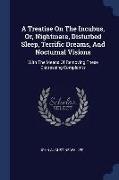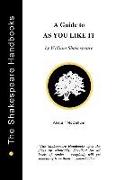Pathos as the Synchronicity of Judeo-Christianity and the Dissensusness of Islam
BücherAngebote / Angebote:
Our understanding of God is as God standing far above our feelings, experiences and thoughts. God cannot resemble man because He is powerful, omniscient, perfect. It is quite logical to think of Him as standing unaffected by and far from all our weaknesses and shortcomings. The Christian understanding of God differs diametrically from the ancient Greek account of the Olympian gods. These gods were seen as full of human emotions and passions. They were described as capable of hatred, jealousy, and envy.
On the other hand, the God of the Bible is described as having love and sympathy for people, yet as an entity that cannot be defined in words. His description is possible only through analogy, symbols, and apophatic language. We cannot enter into His essence.
All this leaves us in a position where we see God as transcendent, distant from us and from all creation. Here we will consider an approach that challenges this understanding. According to Abraham Heschel, God is constantly with us and always loves us, He feels what we feel. We cannot suffer without Him suffering with us, He is always here and present in all our sufferings and troubles. This chapter will examine this conception and check if it can change our understanding of God.
Folgt in ca. 10 Arbeitstagen




